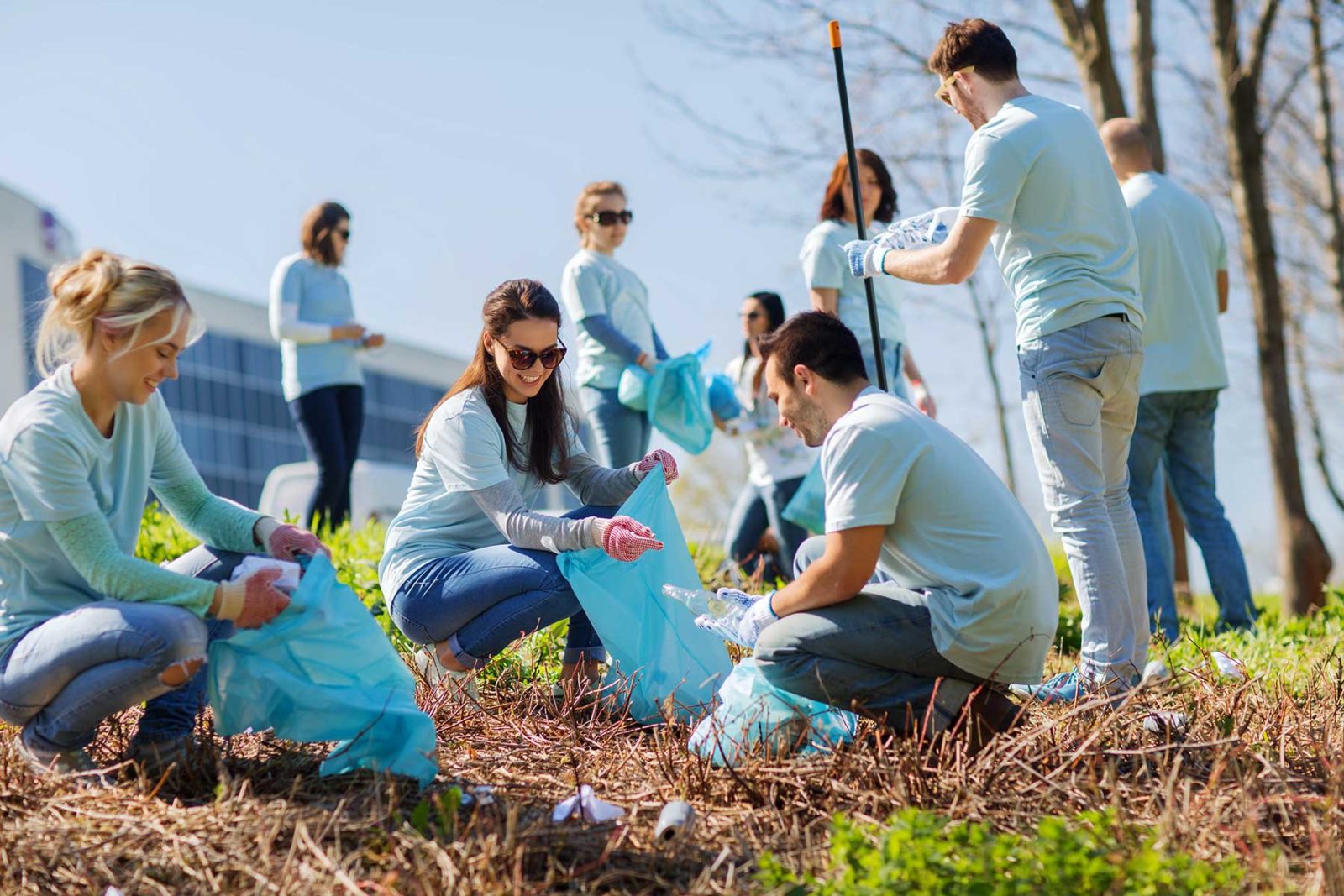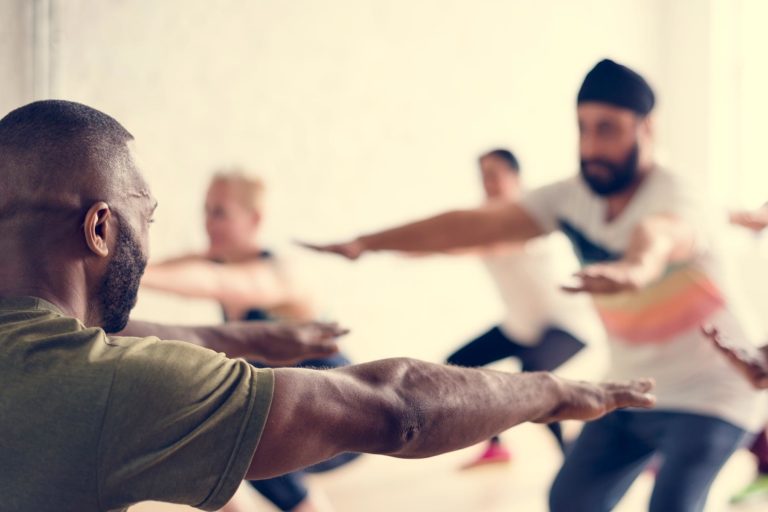Volunteering in Australia
Did you know that volunteering has been shown to improve mental health and wellbeing? Helping others benefits the community and can also boost your happiness, confidence, and sense of purpose.
Around one in four Australians volunteer with an organisation or group. Volunteers contribute an incredible 490 million hours to the community in a year.[1] There are many ways to volunteer and contribute to the community. The most common types of organisations Australians volunteer at are related to sport and recreation, religious groups, and education and training.
Studies consistently show that volunteering leads to greater happiness and improved wellbeing.[2][3] But how exactly does giving back also benefit you?
How volunteering can improve your wellbeing
Let’s explore the different ways volunteering can contribute to your overall wellbeing.
Combats loneliness and creates social connections
Despite technology making it easier than ever to connect with others, many people still lack meaningful relationships. With one in three people in Australia feeling lonely,[4] volunteering can be a powerful antidote. Joining a volunteer group allows you to connect with like-minded people who share your passions. This fosters a sense of belonging and community, reducing feelings of loneliness and isolation. It’s not uncommon to make lifelong friendships when volunteering alongside people who share similar interests.
Boosts confidence
Volunteering allows you to use your skills in a meaningful way. Whether you’re mentoring young people, coaching a team, building something, helping out with admin, or working on a community project, seeing the positive impact of your contributions can be incredibly empowering. This sense of accomplishment spills over into other areas of your life, leading to a more positive self-image and increased motivation.
Find purpose and meaning
Volunteering can be an effective way to discover a renewed sense of purpose. By connecting with a cause you care about, you gain a deeper understanding of your values and find meaning in your actions. This can be particularly beneficial if you’re feeling adrift or experiencing life transitions, such as moving to a new city or retiring from work.
Volunteering can also provide a regular routine. Having ‘somewhere to be’ can positively impact on your overall wellbeing.
Improves mental health
Volunteering leads to positive mental health outcomes[5], and volunteers also report higher life satisfaction than non‑volunteers[6]. Helping others triggers the rewards pathway in our brain, known as the mesolimbic system. This releases positive neurotransmitters, making us feel better about ourselves.
Furthermore, having social connections and a sense of purpose through volunteering reduces stress, encourages a positive emotional state, and lowers psychological distress.[7]
Offers personal growth
Volunteering often involves stepping outside your comfort zone, meeting new people, and trying new things. This can lead to developing new skills and knowledge, enriching your life personally and professionally.
Raises awareness
Is there a charity or cause that you are passionate about? Volunteering is about more than just helping those directly involved with an organisation. It can also be a valuable tool for raising awareness about a cause you care about. Whether you’re talking to friends or sharing information on social media, your experiences volunteering can spark conversations and educate others about the issue.
Volunteer today
One key to unlocking the mental health and wellbeing benefits of volunteering is finding something you enjoy that aligns with your values and interests. Whether you advocate for environmental causes, support mental health charities, or work with animals, there are countless ways to contribute your time and talents.
Ready to give volunteering a go? Check out these websites for more information:
Regardless of the time you can commit, even a few hours a month can make an impact. Take the first step towards a more rewarding and connected life – explore volunteering today.
MensLine Australia is free and available 24 hours a day, seven days a week. Our professional counsellors are available on 1300 78 99 78 or click on the floating chat button on the right to access online counselling.
If it is an emergency, please call 000.
References
[1] Australian Bureau of Statistics (2020), General Social Survey: Summary Results, Australia, ABS Website, accessed 26 March 2024.
[2] Kragt D, Holtrop D. Volunteering research in Australia: A narrative review. Aust J Psychol. 2019; 71: 342–360. https://doi.org/10.1111/ajpy.12251
[3] Lawton, R.N., Gramatki, I., Watt, W. et al. Does Volunteering Make Us Happier, or Are Happier People More Likely to Volunteer? Addressing the Problem of Reverse Causality When Estimating the Wellbeing Impacts of Volunteering. J Happiness Stud 22, 599–624 (2021). https://doi.org/10.1007/s10902-020-00242-8
[4] State of the Nation Report – Social Connection in Australia 2023 https://lonelinessawarenessweek.com.au/wp-content/uploads/2023/10/state-of-nation-social-connection-2023.pdf
[5] Brooks, A.C. Does giving make us prosperous?. J Econ Finan 31, 403–411 (2007). https://doi.org/10.1007/BF02885730
[6] OECD How’s Life? 2015 Measuring Well-being
[7] Volunteering Australia Evidence Insights: Volunteering and mental health https://www.volunteeringaustralia.org/wp-content/uploads/Evidence-Insights-Volunteering-and-mental-health-Final.pdf









